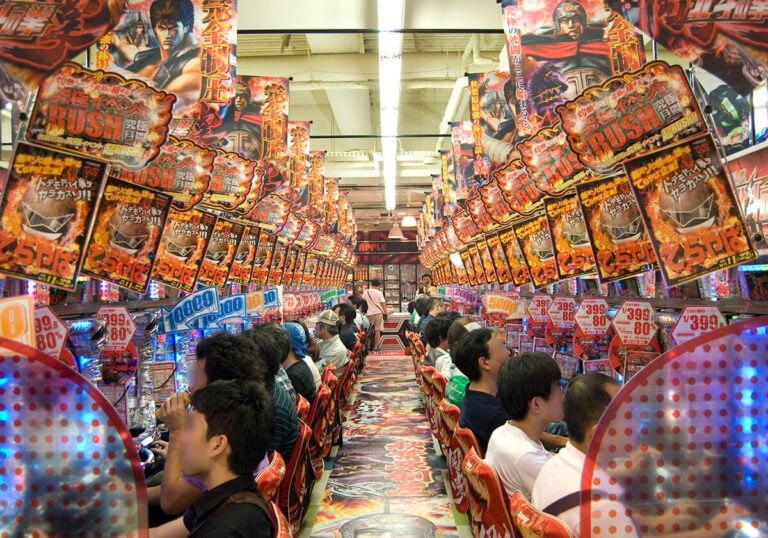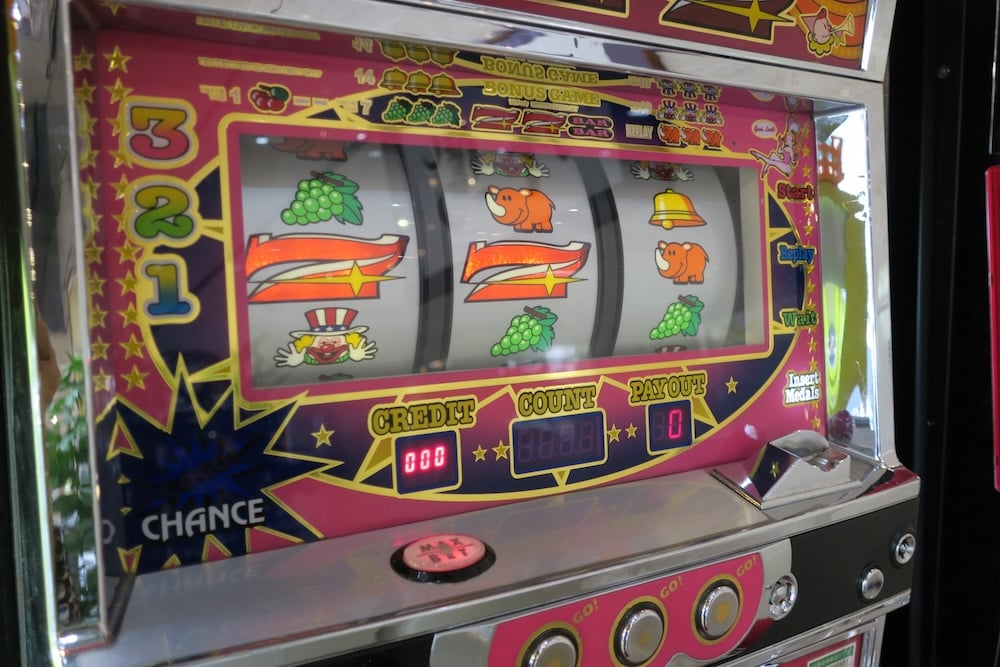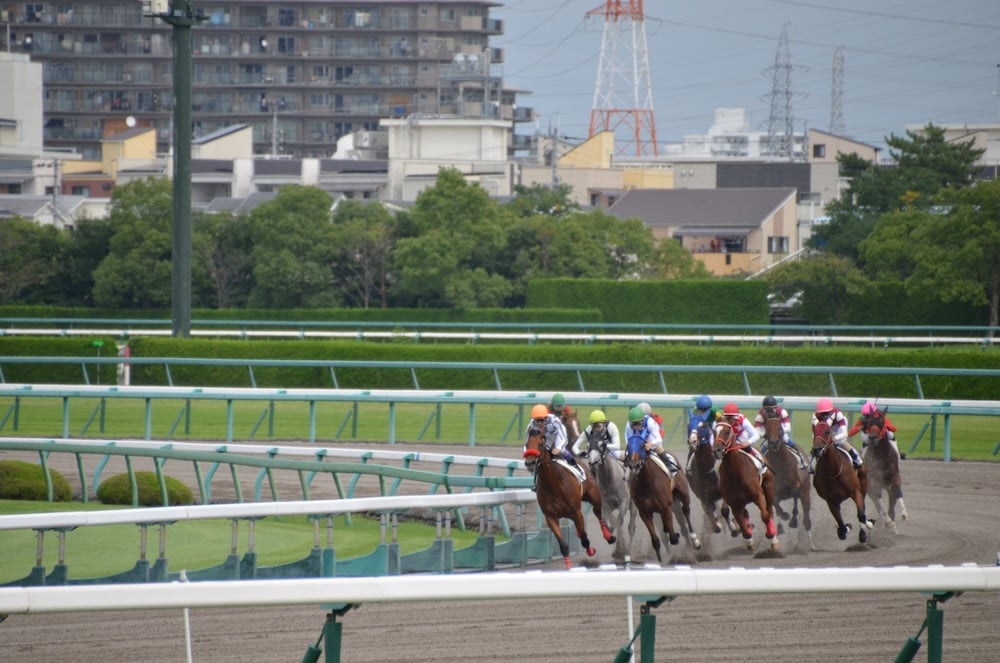
In 2023, the Japanese government approved plans for Japan’s first legal casino. This huge complex is currently beginning construction in Osaka on a large reclaimed island in Osaka Bay and will include a shopping mall, hotels and a helicopter pad. The approval of these plans was hugely controversial, particularly within Osaka prefecture with several local political parties making stopping the plans a major factor in their campaigns during local elections.
Gambling mostly remains illegal in Japan, however the plan is moving forward as part of a new 2018 law that provides a loophole that allows gambling as part of officially approved integrated resorts, primarily as an effort to attract tourism. This was seen as a big move in Japan as gambling is illegal with some small exceptions. The fact that this is illegal is strange, as gambling seems to be very much present in Japan, particularly when walking around any major city you see pachinko parlors and slot machines everywhere. In this article, we will examine this strange state of affairs and the many loopholes that allow gambling to exist in some form or another in Japan.

The History of Gambling in Japan
Gambling and legality have had a surprisingly long history in Japan with it being both legal and illegal at various times throughout the country’s history. In earlier times, gambling against various types of games including board games, dice games and cards proved very popular with the nobility and the first law making gambling illegal was passed as far back as 689AD. Since then, it has been legalized and prohibited many times and sometimes restricted to certain classes in society such as the samurai and nobility.
In 1907, the modern blanket ban on all gambling was established and it remains in place today with some notable exceptions. Underground illegal gambling no doubt exists somewhere and you occasionally will come across stories in the media where a high-profile figure gets in trouble for participating in such things. As far as legal gambling goes though, the exceptions are very clear even if sometimes the laws surrounding them can be murky.

Sports Gambling
Betting on sports is common in many countries but is heavily restricted in Japan with only a handful of sports considered exceptions. These sports are all certain forms of racing. Horse racing is one of these, which isn’t really surprising given that it is the quintessential sport associated with betting, but the others are a little more unexpected. These are bicycle racing, motorcycle racing and powerboat racing.
Motorcycle racing is a specific format of it called Auto Race which is run on a flat asphalt track and are raced by about eight riders for six laps. It is run specifically for the purpose of gambling and the riders are often required to sleep in dorms and be cut off from the outside world for a period of time in order to prevent race fixing.
Powerboat racing is often referred to as Boat Race and this is the one that seems to receive the heaviest promotion. It’s not uncommon to see Boat Race ads on TV or on the internet and the races take place on a circular course for three laps with six color coded boats participating. There are boat race stadiums throughout Japan and it remains very popular with race days drawing big crowds.
Bicycle racing is also a somewhat unusual exception for gambling with it restricted to a form of the sport called Keirin which is raced on a circular track with fixed-gear bicycles for a distance of about 1.5 kilometers. Keirin was initially developed in post-war Japan specifically for the purpose of gambling but has since been adopted worldwide as a more serious form of racing, even becoming an official event at the Olympics from the year 2000 onwards.

Pachinko
Any conversation about gambling in Japan wouldn’t be complete without pachinko. Pachinko parlors are everywhere in Japan and you can’t miss them. They are by design, made to draw attention and customers. Pachinko is played using individual machines that shoot small metal balls through a series of obstacles in the hope of getting them into a particular target or activating various features on the machines that trigger a payout. Like slot machines, there are many different designs and models with some licensed machines designed around popular manga and anime.
Pachinko operates in a certain gray area when it comes to gambling. It is certainly not an exception to Japan’s gambling laws but it is able to exist by taking advantage of legal loopholes and as such, it has been able to become a massive industry. Pachinko machines do not pay out in cash, instead paying out in the form of small metal balls which can then be exchanged at the pachinko parlor for prize tokens. As it would be illegal for the venue to provide cash to the customer, these prize tokens can then be sold by the customer at a nearby establishment thus creating a workaround for the gambling laws.
Pachinko is a massive industry in Japan, with estimates of it generating approximately 25 trillion yen per year and making up 4% of Japan’s GDP. In the past, pachinko had associations with the yakuza although police crackdowns and law changes throughout the 90s reduced this somewhat. This doesn’t mean that pachinko is without its share of controversies nowadays. A majority of pachinko parlors are owned by Japanese-Koreans with a smaller percentage of these reported to have connections to North Korea. It has been said by Japanese lawmakers that the profits from these pachinko parlors are funneled back to North Korea to help fund the state.
Regardless of its many controversies, pachinko is very much a fixture of Japanese culture and a pastime enjoyed by many people. Despite its existing inside a legal loophole, there is no sign of it or its place in society changing any time soon.
The Future of Gambling in Japan
Japan’s new integrated resort law, while not making gambling legal throughout the country, is still a massive change for the country. The law, set in 2018, allows gambling to take place at resorts built specifically for this purpose and sets a limit of up to three of this type of resort to be established throughout the country. Osaka is the first approved with some other prefectures also having submitted requests to host similar resorts. The changing of the law is designed to help stimulate the economy through the additional money and tourism it will bring in. However, with this comes fears of negative social impact such as increased gambling addiction and increases in crime which means the law has been very controversial.
Regardless of anyone’s stance on it, gambling, even in its restricted forms, remains a popular pastime in Japan and will continue to be so in future. With the new casino law in place, it’s possible that more laws will be loosened around it in future. What effects, if any, that will have on Japan as a whole remain to be seen.



















